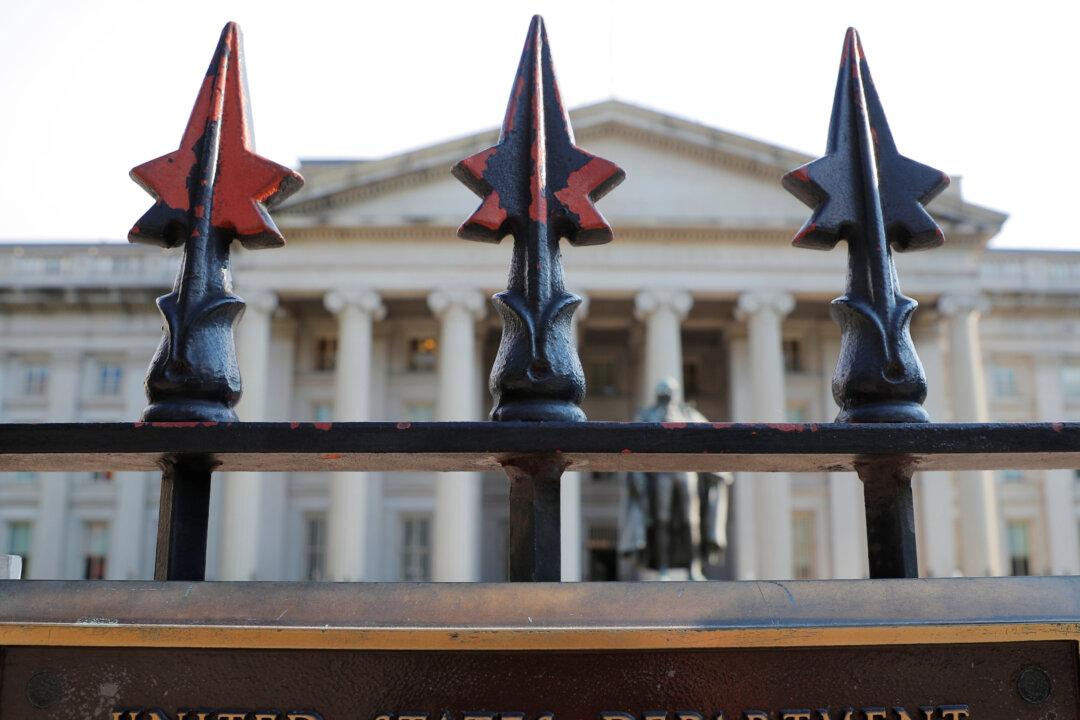WASHINGTON—The federal government will tighten rules on foreign investment in sensitive industries like technology and telecommunications next month, the Treasury Department said on Oct. 10, as it starts to enforce a law aimed at curbing Chinese investment in 27 sensitive sectors.
The Committee on Foreign Investment in the United States (CFIUS) reviews mergers and stock purchases to ensure they do not harm national security. It was strengthened by legislation in the National Defense Authorization Act that was signed into law in August.





